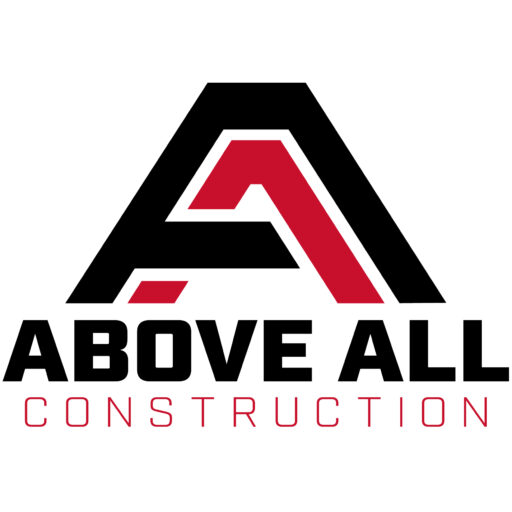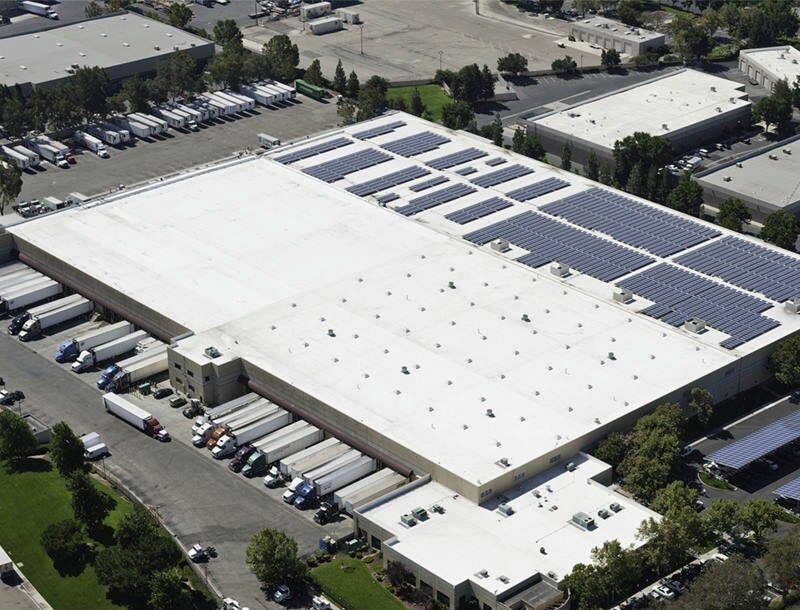How to Choose the Right Commercial Roofing System
When it comes to commercial roofing, there are many options available for your facility.
They all come with different sets of features and benefits, so it can sometimes be difficult to decide which one will be the best fit for your needs.
In order to help you in this process, we have compiled some of the most important factors to consider, so read on to find out how to choose the right commercial roofing system for your building.
Important Factors to Consider
If you are in the process of choosing a new commercial roofing system for your building, you will need to keep the following important factors in mind.
The Type of Facility You Own
Some manufacturing facilities, for instance, consist of rooftop exhaust fans and units that need maintenance from time to time. This means that the roof will get a lot of foot traffic, which means you should consider roofing options that can withstand it.
Other facilities such as warehouses, for example, are used for storing products, equipment, or materials, so you should consider a roofing system that provides great protection and insulation.
For commercial properties with office spaces, on the other hand, you should focus more on a system that will provide ideal comfort levels for individuals working there.
Ownerships Intentions
Furthermore, ownership intentions are also of significant importance.
For example, if you plan on keeping the facility indefinitely, then you should consider a roofing system that meets all of your preferences and needs.
But if you are planning on selling the facility sometime in the future, then you might want to look at commercial roofing systems that are more popular among the majority of business owners.
Commercial Roof Budget
Your budgetary parameters will also have a significant influence on the type of commercial roofing system you choose.
Commercial roofs vary in price and your budget will define what you can or cannot install.
However, keep in mind that sometimes the cheapest option does not bring you more value. These options might sometimes even cost you more money down the line when it comes to maintenance and repairs.
Sometimes, it is better to choose higher-quality and save money in the long run.
Types of Roofing Systems
Once you’ve considered the above factors and seen how they may affect your decision, you are ready to compare different commercial roofing systems and choose the one that fits your needs best.
Here are the two types of commercial roofing systems that are used most frequently:
Single-Ply Roofing Systems
One of the most popular choices when it comes to commercial roofing today is a single-ply roofing system.
Not only are these types of roofs affordable but they are also durable and can be warranted for over 30 years.
Some of the most common single-ply roofing systems include TPO, PVC, and EPDM.
TPO can hold up well against standing water and it primarily comes in white to reflect sunlight, which will keep the roof cool.
PVC also comes mostly in white but other colors are also available for both PVC and TPO.
While these products are compatible with any commercial structure, they are best suited for buildings where roof traffic is limited.
Asphalt-Based Roofing Systems
Asphalt-based roofing systems have been around for over a century and they have been the primary commercial and industrial roofing choice almost equally long.
Asphalt-based roofing systems are thick and resilient as they are composed of layers of modified or fiberglass rolls.
These layers are set and covered in hot or cold asphalt, which is then capped with gravel or an additional asphalt-based granulated cap sheet.
Roofing systems like these, along with proper maintenance, can last for more than 50 years.
Final Thought
The needs of different commercial buildings will inevitably differ in one aspect or another, which means there is no single system that fits every building perfectly.
Therefore, for commercial roofing Kansas City, it is best to talk to a professional roofing contractor.
A professional will give you helpful advice and accurately assess which system fits your facility best.

